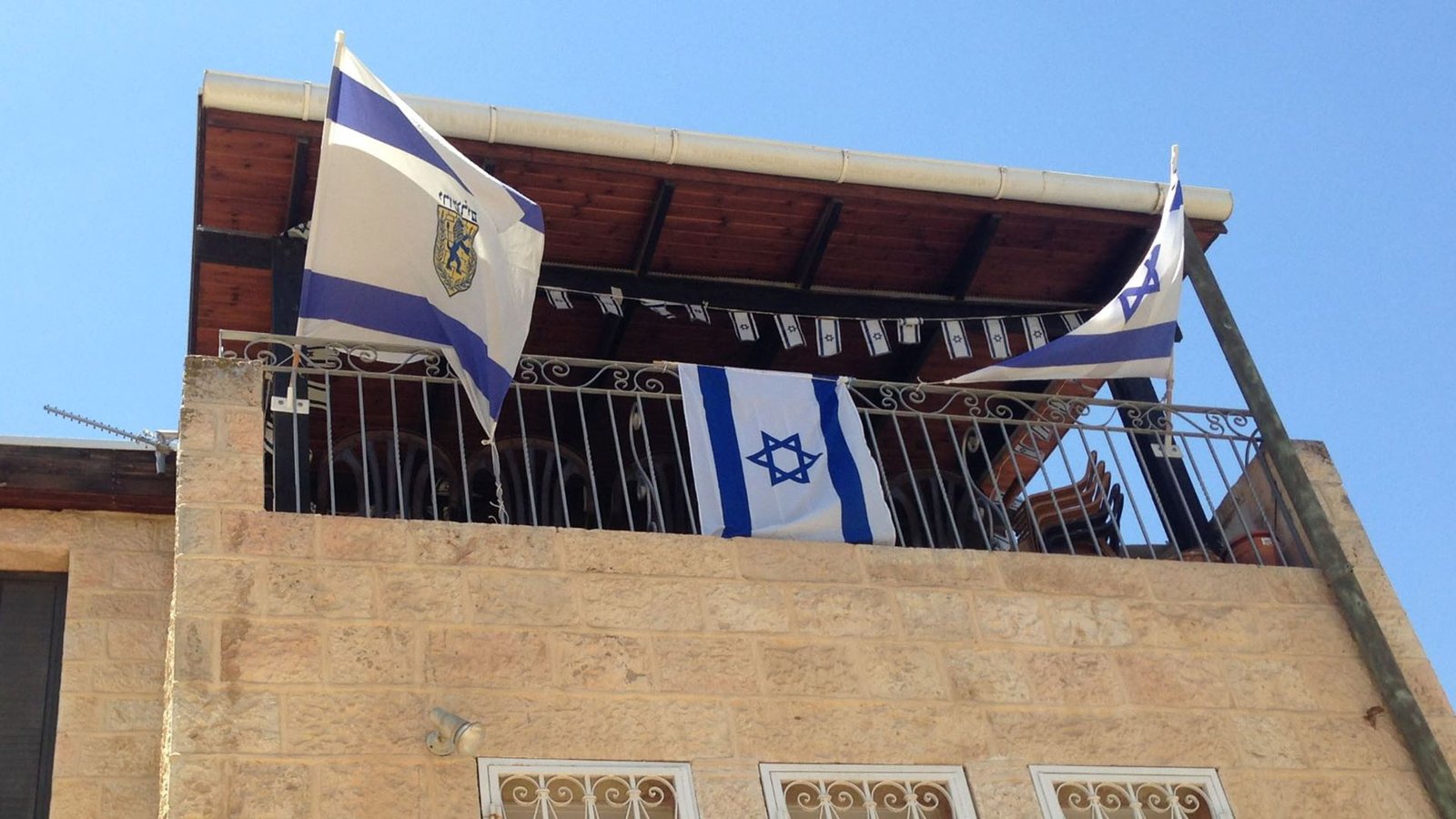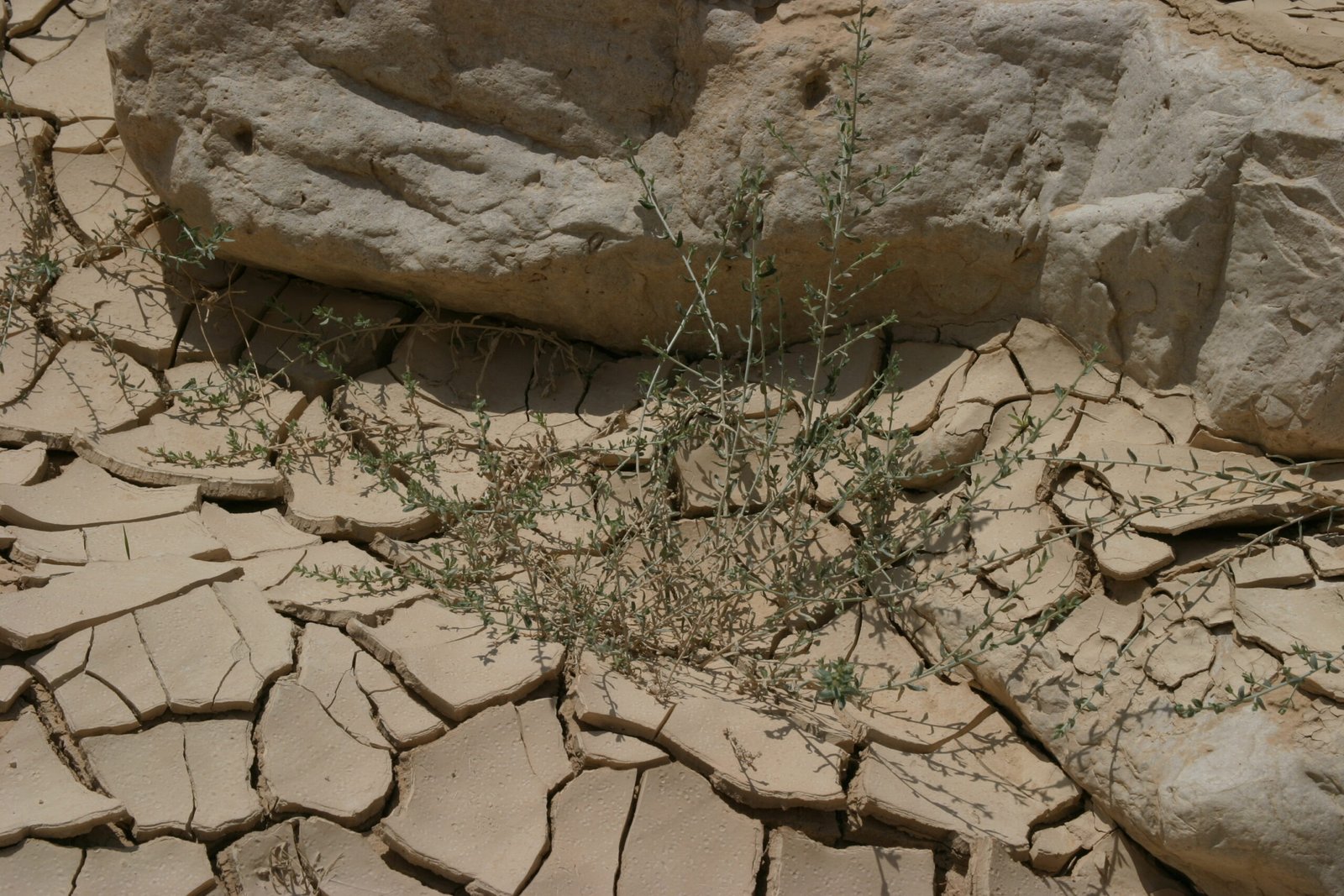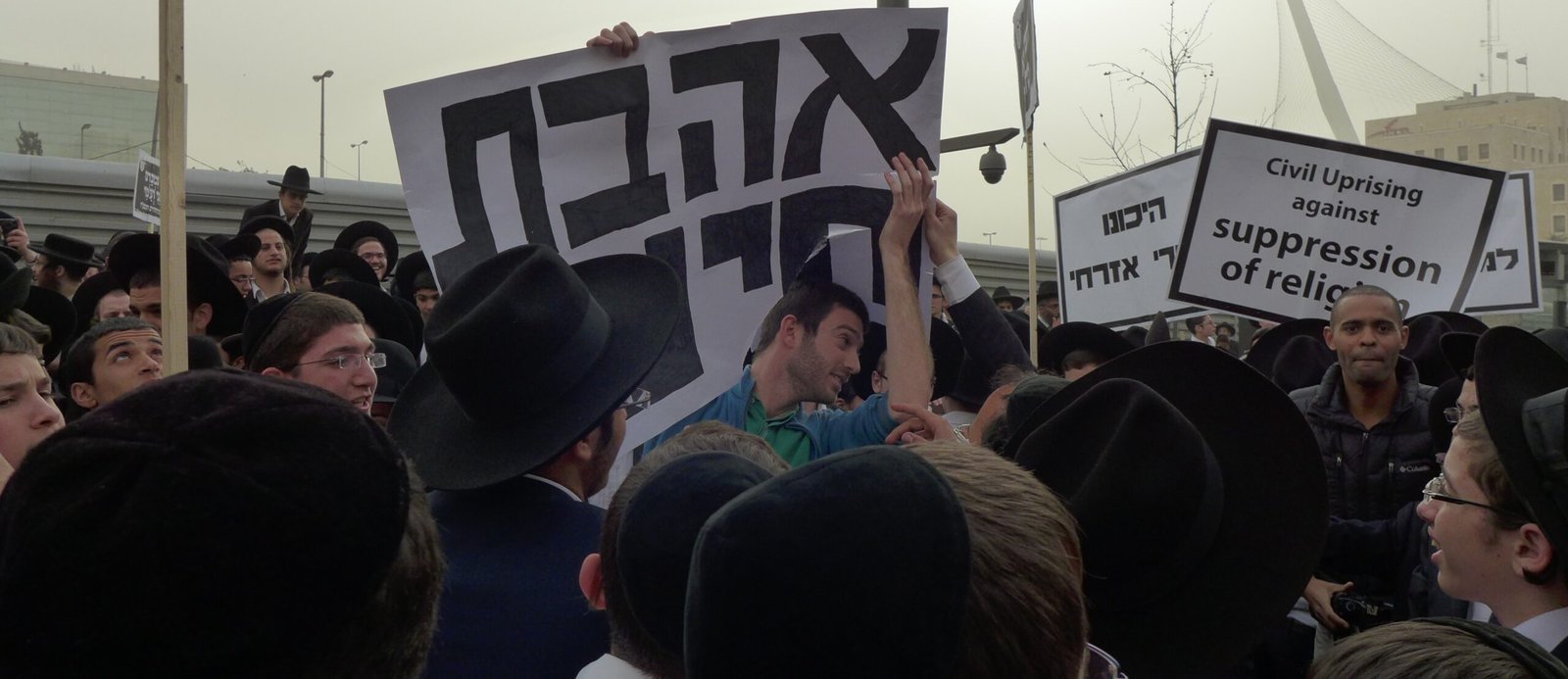Share This Story, Choose Your Platform!
The blue and white flags that were hoisted on houses and in the streets to celebrate the 73rd Independence Day are still blowing in the wind as Jerusalem Day arrives. Capitals are usually located on a river or a special place that provides a livelihood. Jerusalem is on the edge of the Judean desert. Soon after leaving the municipal borders you can see the tin and wooden barracks of the nomadic Bedouins.
There is no need to travel to Morocco to experience the oriental atmosphere or to Greece to get to know Greek Orthodox monasteries. Jerusalem has it all. Oriental markets, modern shopping centers, and dingy shoemaker’s shops lie side by side within sight.
Jerusalem is a city of university and city of orthodox elementary schools, which do not teach math or English. In Jerusalem ancient manuscripts are researched and preserved using the newest technologies. Hi-tech offices are in the immediate vicinity of Talmud centers.
In Jerusalem, there are street cafes right at the bus stop and elegant restaurants with a view of the unique old town; Synagogues, mosques and churches; ancient walls and modern residential areas. Jerusalem is a town of stinking traffic jams and a Shabbat silence once a week in all Jewish districts. In the modern tram, a lady in an elegant costume meets the veiled Muslim woman and the nun in tunic and veil. The student with a miniskirt meets the Orthodox Jewish mother with a stroller in long skirts and black tights. The pale, ultra-Orthodox Jew with a full beard and black hat meets the muscular and tanned soldier with his huge rucksack and rifle.
In between it all, tourists of all skin colors, languages and styles try to find their way. Then of course you shouldn’t forget the ubiquitous cats and the Russian babushkas who feed them. Parks and playgrounds fill with children’s noise every afternoon, just as the prophet Zechariah foretold (Zechariah 8: 5).
Jerusalem is mentioned in the Bible countless times. The psalmist describes it as a city that is closely compacted; a city that connects. How can this city of opposites ever come to terms with all this?
In the Bible Jerusalem has many names. According to the Jewish tradition including ancient writings there are 70 of them. The most known are “City of God,” “City of David,” “Zion,” “Ariel,” “The Faithful City,” and “Moria.”
The term “Jerusalem Day,” in Hebrew “Yom Yerushalayim,” also comes from the Bible. In Psalm 137 it appears in a sad context: “Remember, Lord, what the Edomites did on the day of Jerusalem. “Tear it down,’ they cried, ‘tear it down to its foundations!’” (Verse 7).
The city has been destroyed many times over the course of history. That is why there are so many archaeological layers and remains from many eras; yet again and again Jerusalem rose from the dust.
Jerusalem is admirable. Or is it the Most High himself who sustains her (Psalm 87: 5)? In any case, this city deserves its own festival and I would like to warmly congratulate Jerusalem on its day.






















